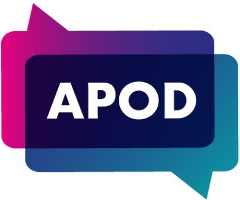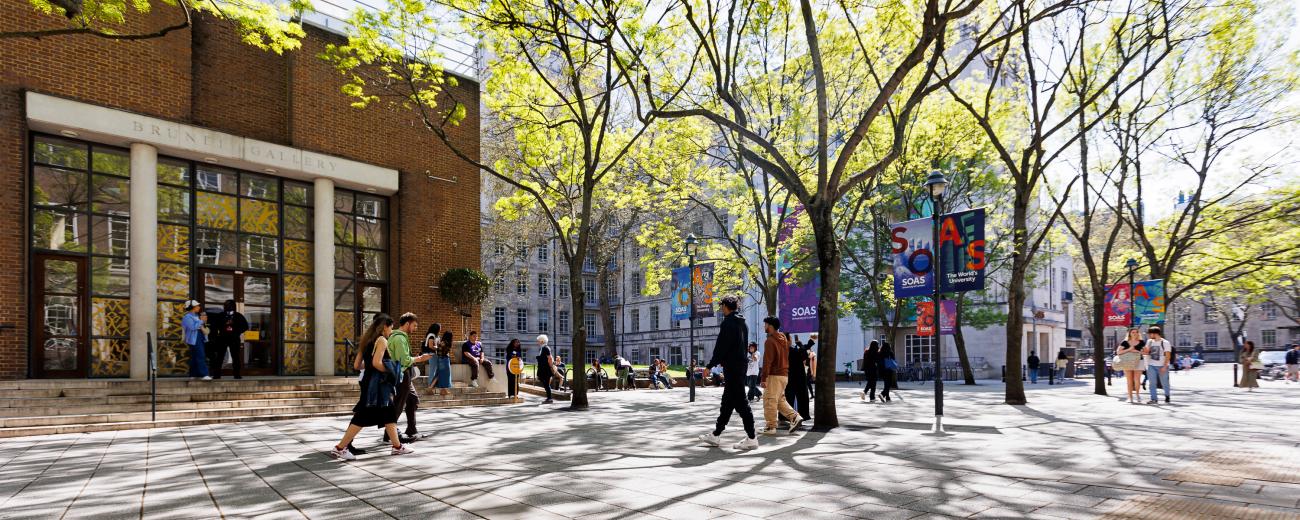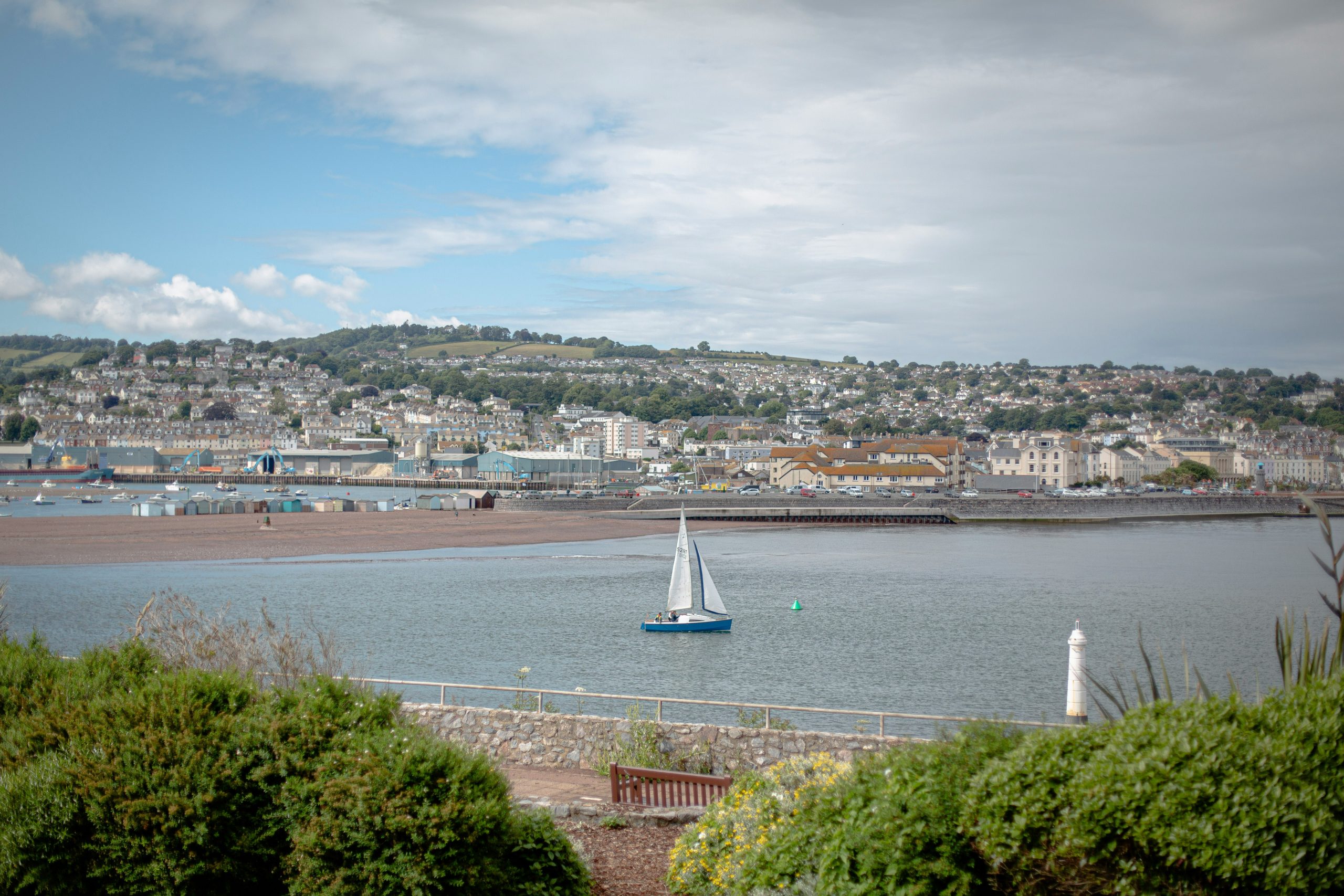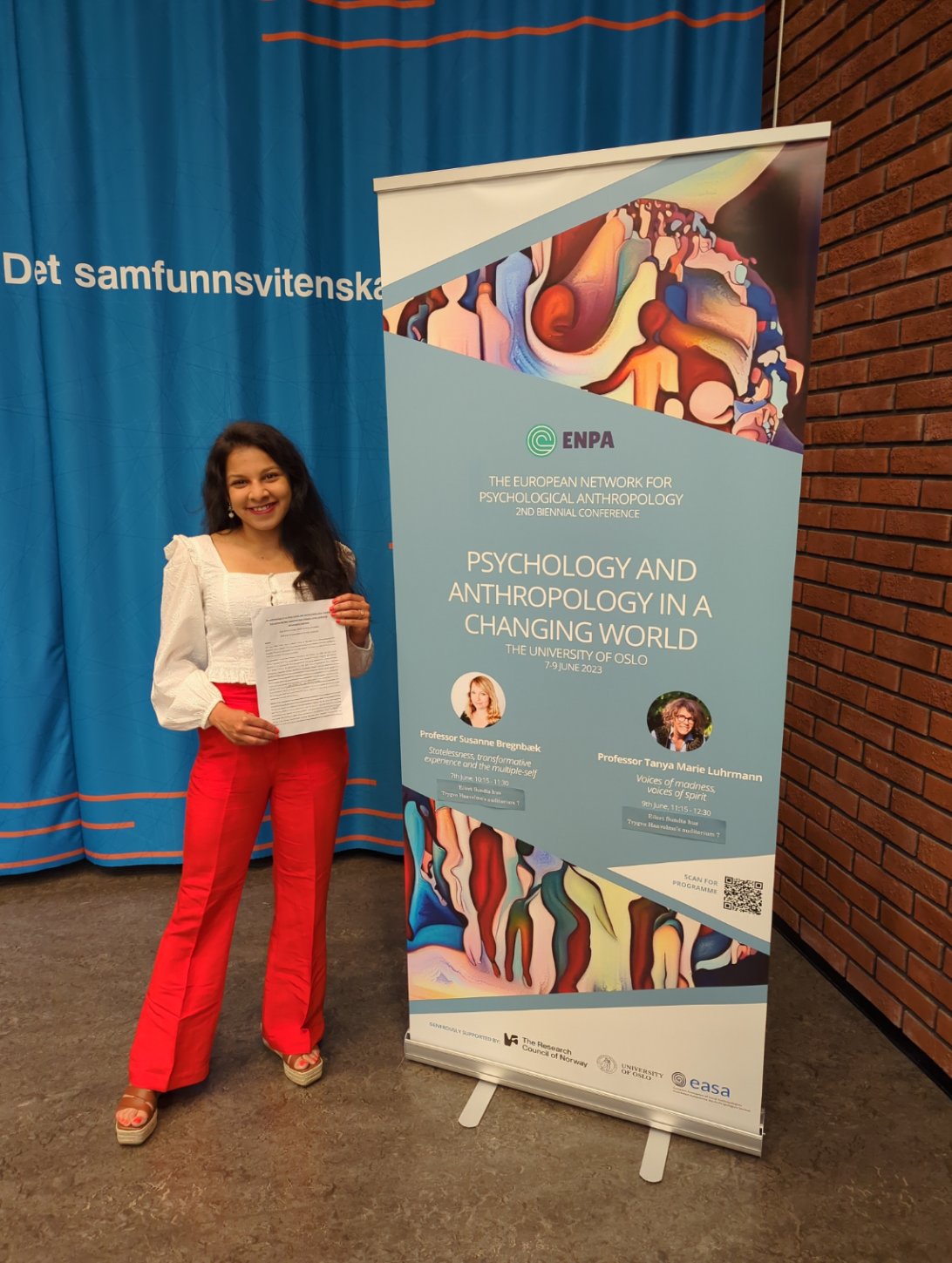On Monday, September 18th, we welcomed 120 guests to SOAS University – in person and online – for our Anthropological study of Peer-supported Open Dialogue (APOD) conference. It was a packed day with a fantastic line-up of presentations, panels and open discussions. A massive thank you to all who participated!
Below, our research team reflects on the event and the meaning it held for them:
Keira: I think for me the conference really brought together a diversity of voices in the spirit of polyphony, which enabled real insight and honest exploration into the struggles and successes of POD. I only wish there had been even more time for reflections…
Ruth: The APOD conference really showed the depths and nuance of our undertaking. I noted how actively the audience participated – many people in the audience had personal experience or knowledge of Open Dialogue, which demonstrated how much things have progressed over the past five years.
The juxtaposition of the ODDESSI trial and APOD study made it very visible how both approaches benefit and support each other. Multiple contributions in the presentation and comments from the audience made the tension between “research studies as driver for implementation Open Dialogue” and the distortion/negative impact caused by research interests visible. I valued the careful balance and openness to criticism in this discussion.
The ”Soundscape” which put the voices of recipients of Open Dialogue at centre stage was an absolute highlight of the day for me.
The session on service user experience and peer working gave room for true “polyphony” and allowed positive as well as negative experiences to surface. It left me feel more hopeful that peer work could become less “tokenistic” and take on a more powerful role in transforming services.
Kiara: It was incredible experiencing all the layers of our APOD study come together at the conference and I’m grateful for all our supporters (in the auditorium that day and beyond), who encouraged us along the way, generously offering their reflections and critical insights. I really enjoyed convening a panel on ‘Lived Experience in Open Dialogue’, which took a variety of formats from presentations to dialogues to soundscapes. I’m especially thankful to all the service user/peer voices featuring in this panel.
Liana: It was fantastic to connect with other social scientists working on POD and think about potential for future collaboration. I also really appreciated the opportunity to feedback findings to some practitioners who have been key interlocutors in my research. The initial reactions of audience members and discussants to our panel is helping me to think through how I might need to reframe my argument in publications. This type of feedback loop – or dialogue – between researchers and research participants is in my view the best possible outcome of an event like this.
Watch this space for recordings of our conference presentations, to be posted soon!



